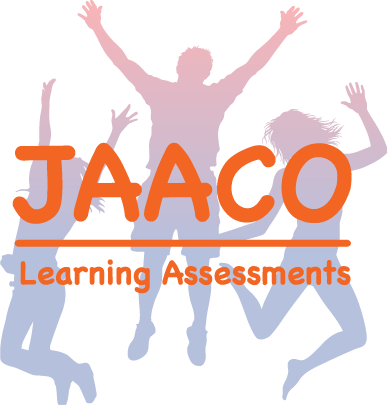Parent Checklist
SLD Characteristics
Parents are often the first people to notice that their child might be having difficulty learning. Below is a checklist of characteristics that may point to a learning disability.
It is normal for children to display one or more of these warning signs. However, if you see several of these characteristics over a long period of time, consider the possibility of a learning disability.
General and Developmental characteristics
Has a history of ear infections and/or grommets
Had speech therapy
Understanding of oral information is better than written information
A family member who has had difficulty learning
Preschool
Speaks later than most children
Mispronounces some words by putting the sounds in the wrong order or leaving sounds out
Slow to learn vocabulary, often unable to find the right word
Difficulty rhyming words
Trouble remembering the sounds of letters and learning numbers, alphabet, days of the week, colours and shapes
Difficulty following directions or routines
Fine motor skills slow to develop
Primary school
Slow to learn the connection between letters and sounds
· Difficulty with oral rhyming, syllabification, breaking apart the sounds in words and blending them back together
Confuses little words that look alike (e.g., who and how, was and saw).
Makes consistent reading and spelling errors including letter reversals (b/d), inversions (m/w), transpositions (felt/left), and substitutions (house/home)
Takes a long time to finish homework that requires reading
Reads slowly and often has to reread to understand what he/she is reading.
· Spells words the way they sound, rather than how they look.
Spells the same word in different ways on the same page.
Transposes number sequences and confuses arithmetic signs (+, -, x, /, =)
Slow to remember facts
Slow to learn new skills, relies heavily on memorization
Difficulty completing tasks requiring working memory such as following instructions or remembering sequential information
Trouble learning about time
Intermediate School
Reverses letter sequences (soiled/solid, left/felt)
Slow to learn prefixes, suffixes, root words, and other spelling strategies
Avoids reading aloud
Trouble with word problems
Difficulty with handwriting
Avoids writing
Slow or poor recall of facts
Difficulty making friends
Trouble understanding body language and facial expressions
High School Students
Continues to spell incorrectly, frequently spells the same word differently in a single piece of writing
Avoids reading and writing tasks
Trouble summarizing
Trouble identifying main points
Trouble with open-ended questions on tests
Weak memory skills
Difficulty adjusting to new settings
Works slowly
Poor grasp of abstract concepts
Either pays too little attention to details or focuses on them too much
Misreads information
Difficulty associating numbers with symbols
Cannot remember number facts
Confuses columns and spacing
Difficulties with mathematical word problems
Difficulty comprehending mathematical concepts
